Research objectives
- Explore the political contexts of transport systems and understand how these are related to developments and sustainability transitions in transport;
- Understand the institutional domains of transport and develop methodologies for effective, just and inclusive transport decision-making;
- Examine and reflect on the politics around the creation of knowledge and expertise regarding transport through (big) data analysis, scenarios, risk analyses, and theory building;
- Make a practical contribution to transport policy-making, particularly at the level of cities and urban areas.
Current research projects
Just Transitions on Indian Streets (JusTIS) is a collaborative research project that explores how Indian cities can respond to climate change in ways that are fair and inclusive for street-based workers. These workers—such as street vendors, platform workers, and informal transport operators—play a vital role in everyday urban life but are often excluded from decisions that shape the cities they help sustain. As India undertakes major urban and climate transitions, the project seeks to centre the voices, experiences, and knowledge of these workers in planning for more equitable and sustainable urban futures.
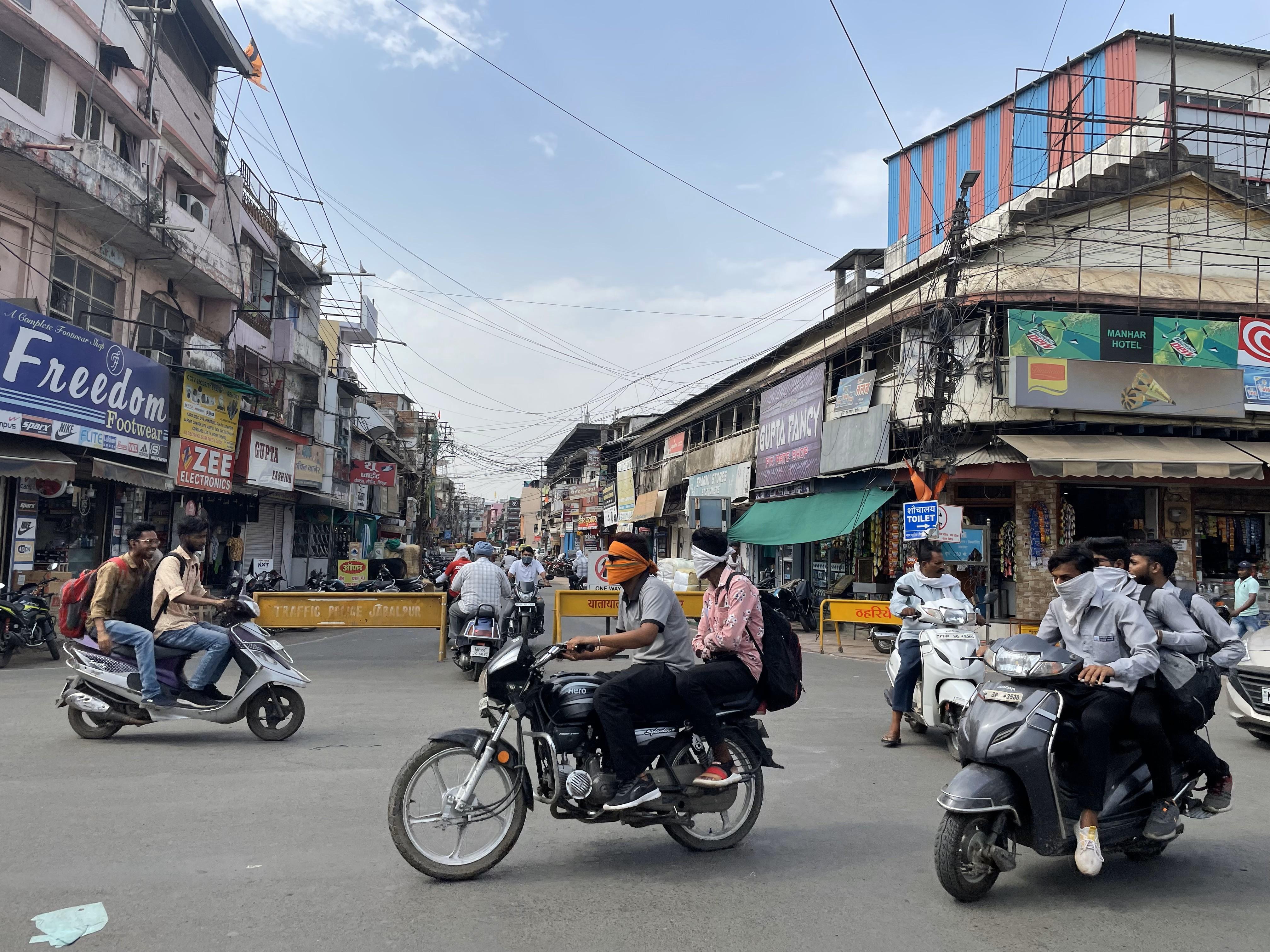
SEMiTaSS aims to research how electric vehicle (EV) sharing can become a successful sustainable mobility option in rural towns and villages.
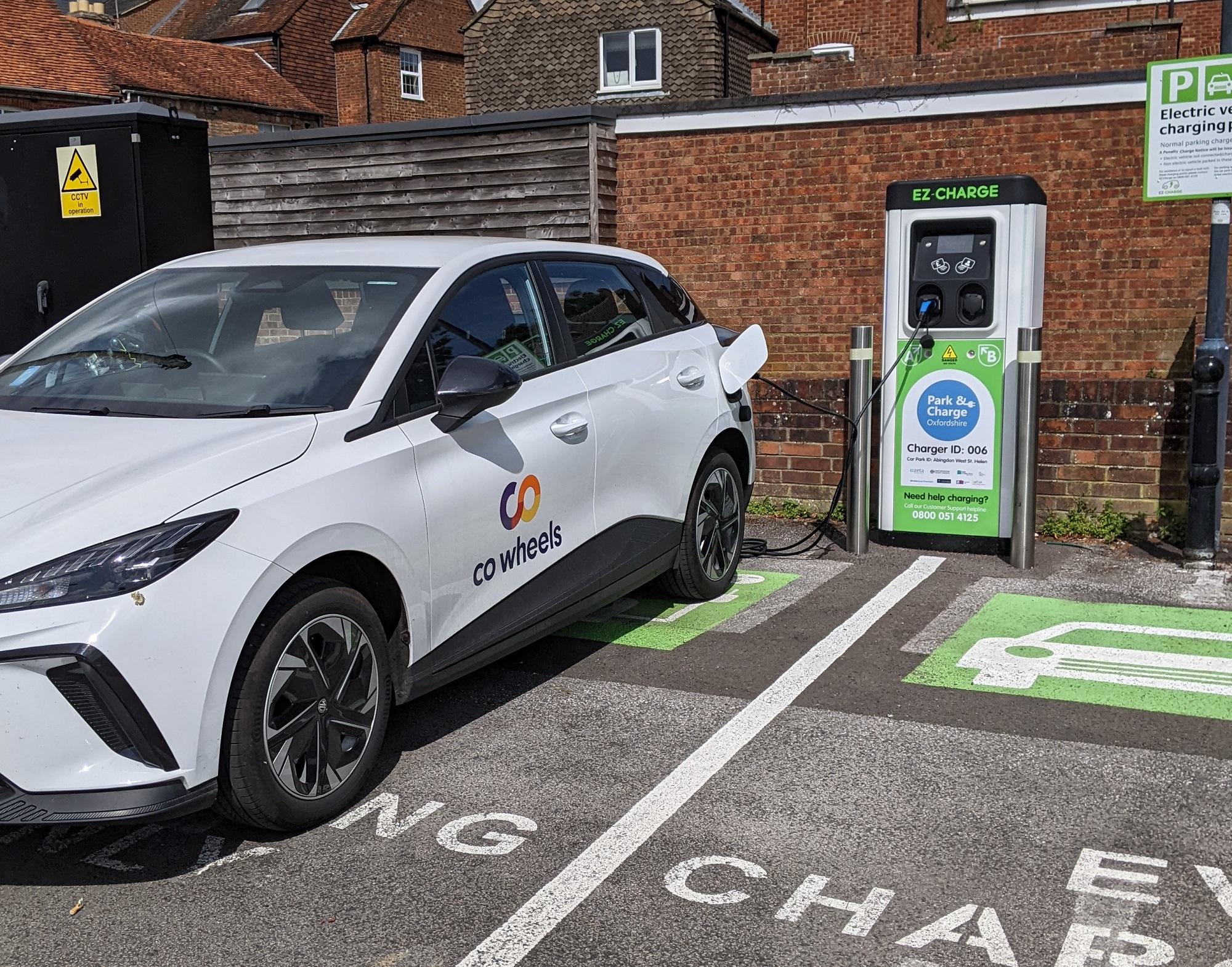
This project seeks to understand the frictions, risks, and experiences of women cross-border commuters. From a legal sociology perspective, it analyses the gap between legal standards and their daily implementation, identifying how this gap impacts vulnerabilities during their commutes.

This project attempts to understand how the negotiation processes for low-carbon mobility transitions in informal transport are unfolding in three medium-sized cities: Amritsar, Cebu City, and Gqeberha, located in India, the Philippines, and South Africa.
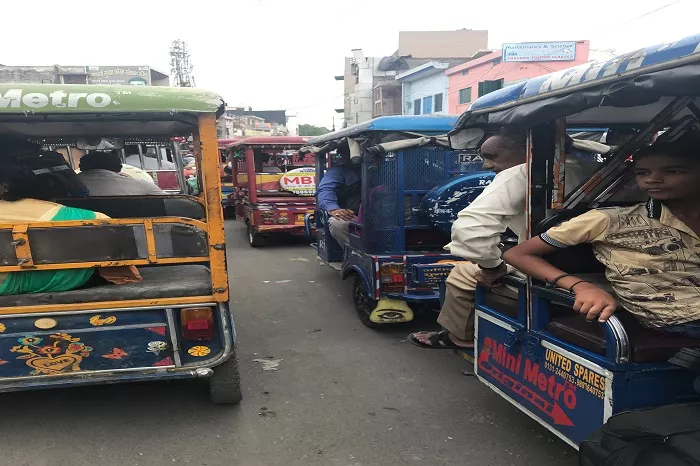
The Specifying Practices Enabled by Cycling In FIfteen-minute Cities (SPECIFIC) project funded by ESRC aims to combine social practice theory, thinking on socio-spatial justice and urban development, and transdisciplinary action research to co-create a tool to facilitate successful implementation of the 15MC concept in context-sensitive ways in low-density, peripheral settings in small and medium-sized cities in Europe.

The main objective of Climate Mobility, Onward Precarity and Urban Environment (CEMENT) is to generate new empirical evidence to assess the importance of climate change in the mobility decisions made by 10 farming families across two different villages in Ethiopia.
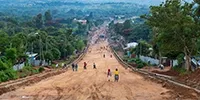
Past research projects
This study aims to conduct a comprehensive and in-depth study on Vehicle-based Telemetric Data for state and local transportation agencies, which will reveal the state of practice related to vehicle-based telemetric data sources, availability, accessibility, integration, privacy, uses and related analysis tools. The study primarily identifies the challenges and opportunities when transportation agencies apply telemetric data to improve safety, operations, asset management, environmental monitoring, public transportation, and other practices.

With the growing concern regarding the decarbonization of the transport, travel behaviour research has been constantly emphasizing the importance of analysing transport disruptions and subsequent individual traveller responses. Voluntary or involuntary, planned or unplanned, travel disruptions change stable mobility habits and preferences and increase attentiveness to alternative solutions (e.g., teleworking) and transport modes, hence, a higher probability of a conscious (re)consideration of current travel behaviour and a change is expected. From a policy planning perspective, moments of disruption are highly valuable as they open up a "window of opportunity" for introducing and encouraging the use of sustainable transportation alternatives and for promoting health and environmental concerns.

The Politics of Road transport InsuraNCE (PRINCE) studies insurance practices and new sustainable mobility innovations.

Low traffic neighbourhoods (LTNs) provide an important example of controversies around road space allocation, and they have recently made headlines across England. LTNs remove through traffic from residential streets, often through modal filters, while leaving streets 'permeable' to pedestrians and cyclists. They raise profound questions of governance, at both national and local levels, and also expose basic differences within local communities. Implementation of LTNs may appear to follow technocratic processes, but in reality they can lead to the formation of rival coalitions of different actors and generate intense conflicts, with both protagonists and opponents unwilling and incapable of listening to those with (perhaps slightly) different views and perspectives.
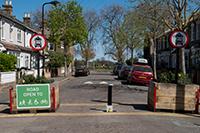
Private cars' dominant role in urban transport imposes huge health and environmental costs on cities worldwide, with the greatest share paid by more vulnerable citizens, including children and ethnic minorities. Traffic fatalities, reduced space for safe social interactions together with dangerous levels of air-pollution and carbon-emissions are key issues for cities struggling with both a public health and climate emergency. However, reducing the number of private cars in urban environment it's proven to still be a substantial challenge for planning and policy, as it requires a radical reconfiguration of infrastructure, lifestyles, cultures as well as of transport planning and policy frameworks, politics and economy. The reduced capacity of public transport linked to the Covid-19 pandemic risks to exacerbate the situation.

European cities' attempts to accelerate the transition to electric mobility (EM) are generating environmental benefits and enhancing economic viability. Unclear is how socially just these attempts and their outcomes are in terms of who benefits (distribution), whose needs are considered (recognition), and who gets to decide and how (procedure).

Research on digitalisation and its manifold implications for social justice and environmental integrity has been gaining momentum in recent years. Various studies have shown that current forms of digitalisation tend to accelerate economic and social inequalities while environmental costs outweigh environmental benefits. Hence, the need for societal and political action to reshape digitalisation is becoming increasingly clear. But what are core elements of a sustainable digitalisation that contribute to deep sustainability transformations, and how can these be implemented?

Transport remains the largest source of carbon dioxide emissions in the UK, accounting for 34 per cent of total emissions. Despite some advances in other sectors of the economy in the last thirty years, total transport emissions have barely changed.

Advances in vehicle connectivity and autonomy have increased speculation around the future of the car. Dominated by techno-economic views, these debates currently tend to overemphasise the scale, speed and benefits of a shift to connected and autonomous vehicles (CAVs). 'Non-technical' factors (e.g., costs, regulatory frameworks, public acceptance) are typically seen as presenting the main barriers to deployment. Such accounts fail to recognise how cultural, institutional and everyday practices will shape CAV developments.
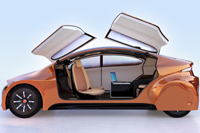
The purpose of this project is to develop an alternative path to electric vehicle ownership and use for households without sufficient or appropriate parking to charge electric vehicles from their homes. Park and Charge (PnC) aims to deliver a new technological and business model design via an easy-to-use, car-park-based service.












